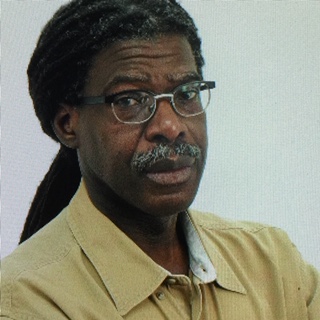
You say black lives matter? Well, act as if they do.
I’ve been thinking lately about social-media-aided civil rights revolutions.
I’ve been thinking how they seem to storm in with a righteous fury only to evaporate without a whimper and how they seem to excel at tearing down symbols of power and influence but seem less equipped to create real change.
Remember the Arab Spring?
In 2011, the world looked on with great interest and hopefulness as protesters took to the streets in the Middle East and North Africa, demanding an end to oppressive regimes in places Tunisia, Egypt, Yemen, Bahrain, Libya and Syria.
Those protests were successful in taking out authoritarian leaders–Hosni Mubarak in Egypt and Zine el-Abidine Ben Ali of Tunisia were among the fallen.
But in the end, nothing changed on the ground.
“Many hoped the Arab Spring would bring in new governments that deliver political reform and social justice,” Amnesty International noted.
“The reality is more war and violence, and a crackdown on people who dare to speak out for a fairer, more open society.”
America is now going through its Arab Spring, with millions marching in the streets, toppling racists symbols in its wake and challenging the “unwoke” among us.
Our Arab Spring gives me hope too, but there are troubling signs that it is going wayward; that too many so-called “woke” people are reveling in symbolic conquests rather than in real change.
The Worcester Black Lives Matter mural, for example, seems to be a symbol of that drift away from creating real change.
The mural, it seems, is becoming this bright shiny object that distracts people from keeping their focus on the goal of the Black Lives Matter movement.
I hear many, for example, applauding the city for permitting the mural; I hear many musing about how it represents social justice progress in the city, and I see politicians falling over themselves to embrace it.
But the goal is not for people to say they believe black lives matter. The goal is for them to act as if black lives matter.
And whether you look at the City Council, the school system, the police department, or the district attorney’s office, Worcester is far walking its Black Lives Matter talk.
How does one, for example, measure the sincerity of District Attorney Joe Early’s commitment to black and brown lives in the city.
His office has been more than reluctant to go after bad cops, and more than ready to prosecute Black Lives Matter protesters.
But here he is recently posting his appreciation of the Black Lives Matter mural on his office’s Facebook page.
“It was great to speak with some of the organizers behind the Black Lives Matter mural being painted today on Major Taylor Boulevard in Worcester,” he wrote.
“This beautiful project is an important advancement of the ongoing community discussion around racial justice.”
Hey Joe, we are beyond having “ongoing community discussion around racial justice.” Isn’t 400 years of racial justice discussions enough?
I don’t know how this country’s “Arab Spring” will eventually end, but this I know:
The term Black Lives Matter is a cry of defiance against police brutality in particular and 400 years of racism in general.
It’s great that we are being allowed to paint that defiance on one of the city’s main thoroughfare.
But we shouldn’t allow it to become a slogan individuals and institutions resistant to social justice can appropriate to ease their consciences.
Unfortunately, that is how politicians are using the city’s Black Lives Matter mural at the moment.
